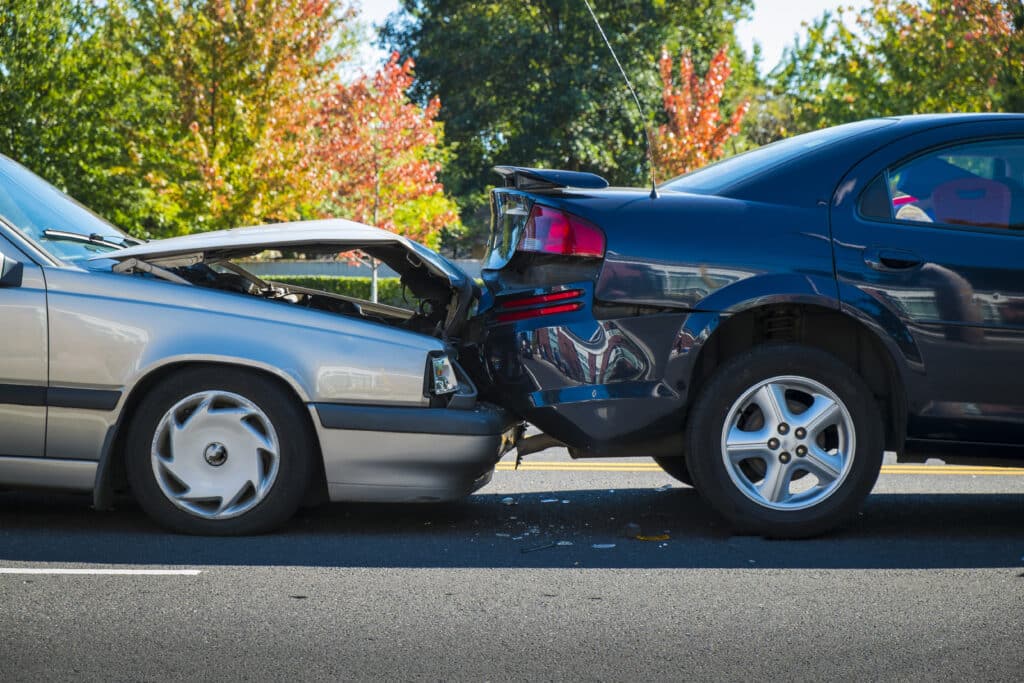Filing a personal injury claim can be daunting, especially if you didn’t file a police report at the time of the accident. You might wonder if it’s still possible to seek compensation without this crucial document. While a police report can strengthen your case, it’s not always a deal breaker. Understanding your options and how to navigate this situation is key to ensuring you get the justice and compensation you deserve.

The Role of Police Reports in Personal Injury Claims
A police report in a personal injury claim typically includes critical details like the accident’s time, location, involved parties, and witness statements. This document serves as key evidence, providing an objective account of the incident, which can be crucial in establishing fault and the extent of damages. Insurance companies and courts often rely on police reports to validate claims and determine liability, making it a powerful tool in the legal process. Without it, proving your case can be more challenging, potentially impacting the outcome of your claim.
When a Police Report is Typically Required
In certain scenarios, having a police report is crucial for filing a personal injury claim. This is especially true in severe accidents where significant injuries or damages occur, or in situations where fault is unclear. Some states or jurisdictions have legal requirements mandating police involvement for specific types of accidents, particularly those involving injury or significant property damage. Not having a police report can complicate your claim, as it serves as an official record of the incident, providing critical evidence that supports your case. Without it, proving fault, damages, or the severity of injuries can become more challenging, potentially weakening your claim in negotiations with insurance companies or in court.
Filing a Personal Injury Claim Without a Police Report
There are situations where you might file a personal injury claim without a police report, such as minor accidents where the police weren’t called, or when injury symptoms appear days later. In these cases, gathering alternative evidence becomes crucial. You can start by taking detailed photos of the accident scene, vehicle damage, and any visible injuries. Medical records documenting your injuries and treatments are essential, as they provide a clear link between the accident and your condition. Collecting witness statements can also help establish what happened and who was at fault. Detailed documentation is key in supporting your claim and helps to build a strong case when a police report is unavailable.
Challenges You Might Face
Without a police report, proving fault or the extent of your injuries in a personal injury claim can become significantly more challenging. A police report typically provides an unbiased account of the incident, helping to establish liability and document key details. In its absence, you may face difficulties convincing insurance companies of your version of events, as they might question the credibility of your claim. Insurance adjusters could use the lack of a police report to minimize or deny your compensation. To overcome these challenges, it’s crucial to gather alternative evidence. Hiring an experienced attorney can also be valuable, as they can help build a strong case and negotiate effectively with insurance companies on your behalf.

Steps to Strengthen Your Claim Without a Police Report
Here are some of the most important steps you can take to strengthen your claim without a police report:
- Gather Evidence at the Scene: Take photos of vehicle damage, the location, road conditions, and any visible injuries.
- Exchange Information: Collect contact and insurance details from all parties involved.
- Identify Witnesses: Get statements and contact information from any witnesses to support your version of events.
- Document Everything: Write down details of the accident and what occurred.
- Seek Medical Attention: Visit a doctor for any injuries, even if they seem minor, and keep all medical records.
- Report to Your Insurance Company: Notify your insurer promptly and provide all collected evidence.
- Consult an Attorney: Consider legal guidance to strengthen your case and ensure you meet all necessary legal requirements.
Legal Advice and Assistance
An attorney can be crucial to your case if you don’t have a police report because they can gather evidence like witness statements, medical records, and photographs from the scene. They can also guide you through the complexities of a personal injury claim, ensuring you meet deadlines and comply with legal requirements. Legal expertise can also be valuable in negotiations with insurance companies to help you secure fair compensation despite the absence of a police report.
Choose LeBaron & Jensen for Legal Assistance
LeBaron & Jensen can assist you with your personal injury claim, even if you don’t have a police report. Our experienced attorneys know how to gather evidence and build a strong case to ensure you reserve the compensation you deserve. With a focus on personalized legal support and a deep understanding of Utah’s laws, LeBaron & Jensen will guide you through the complexities of your claim and help you achieve the best possible outcome. Contact us today to schedule a consultation.




